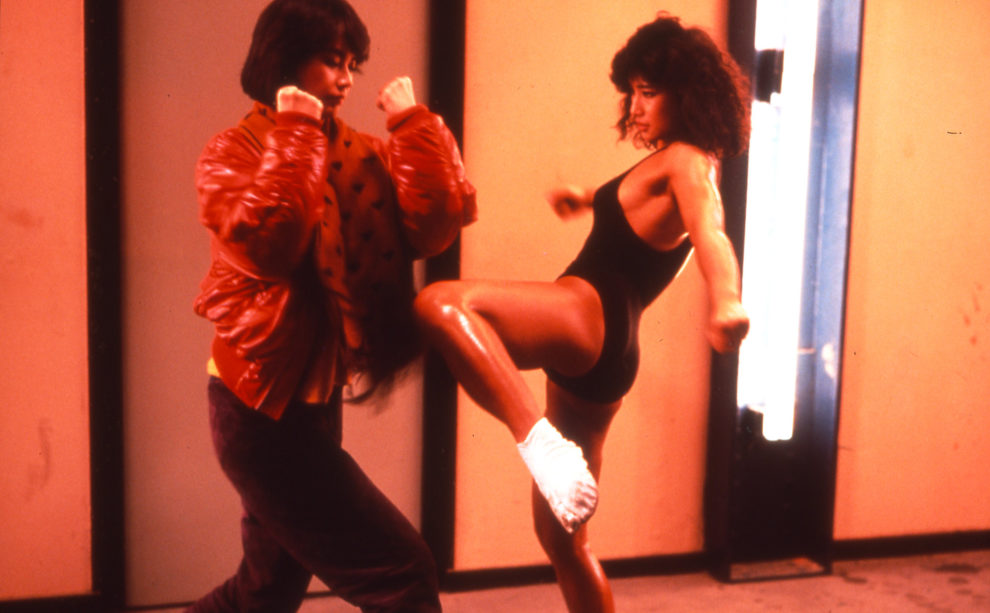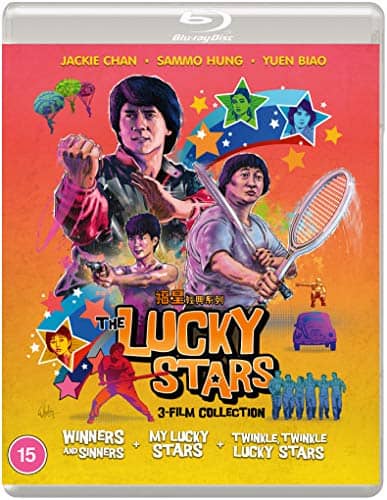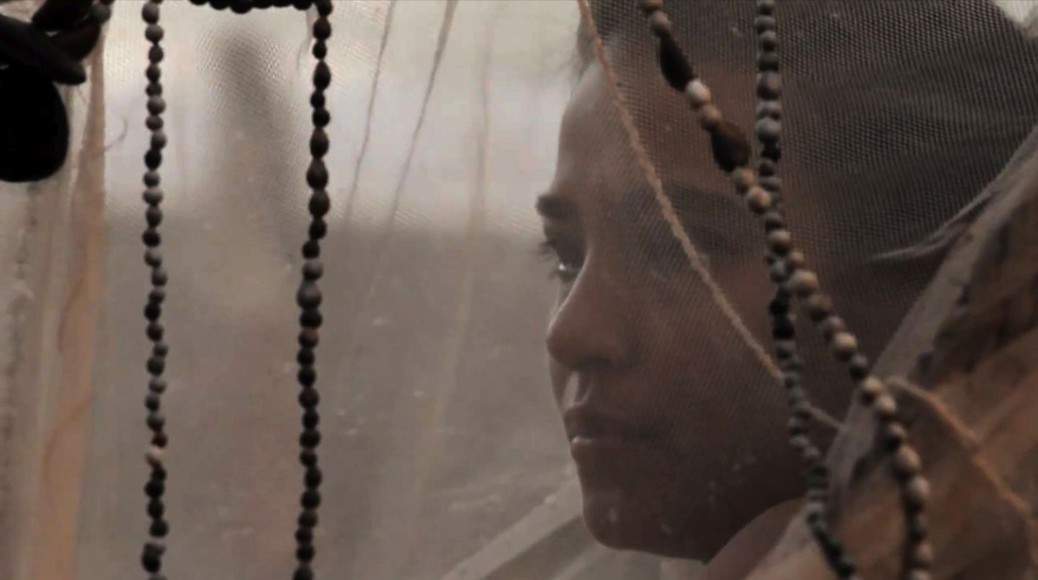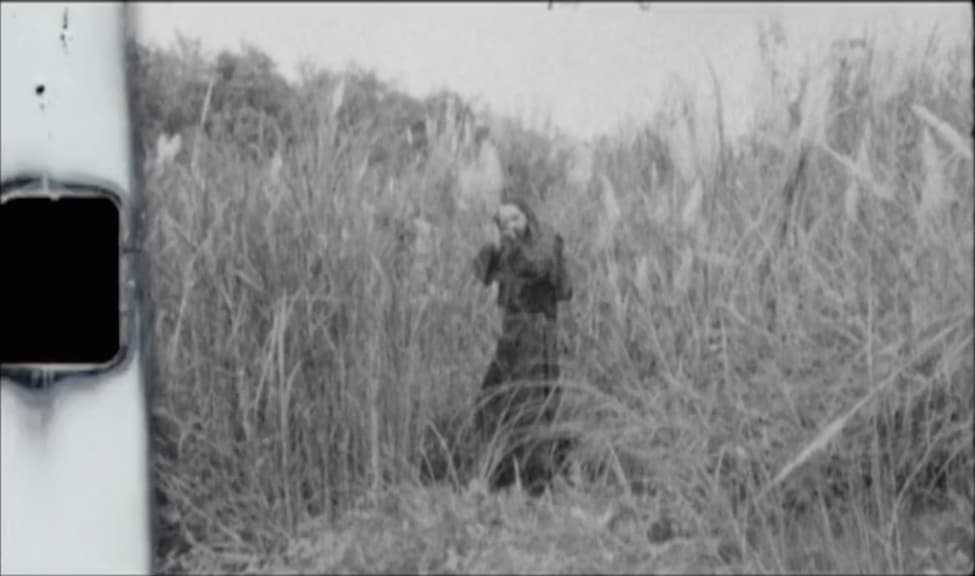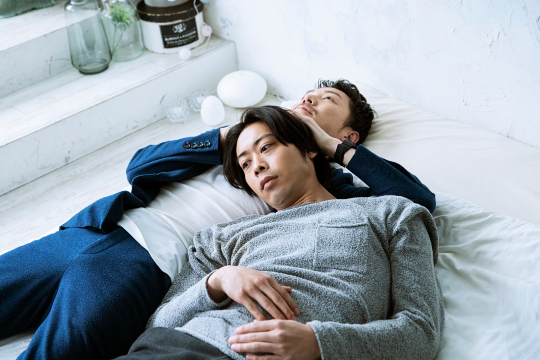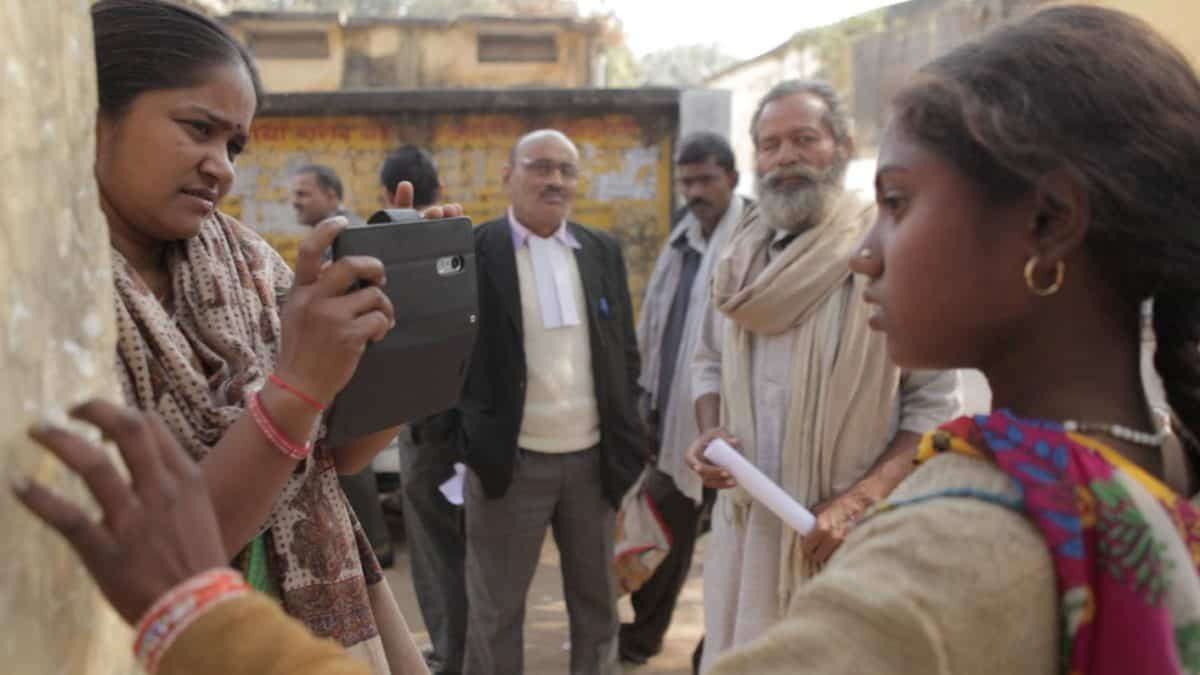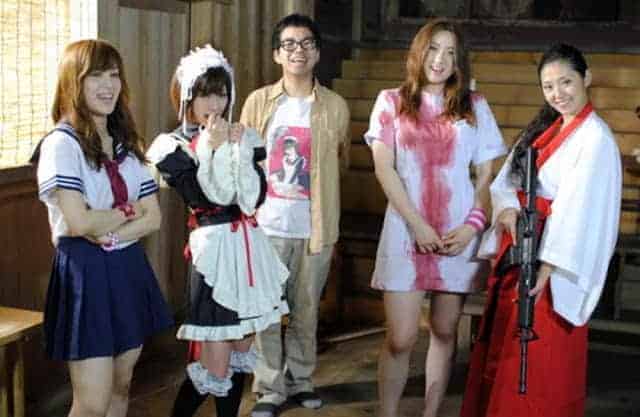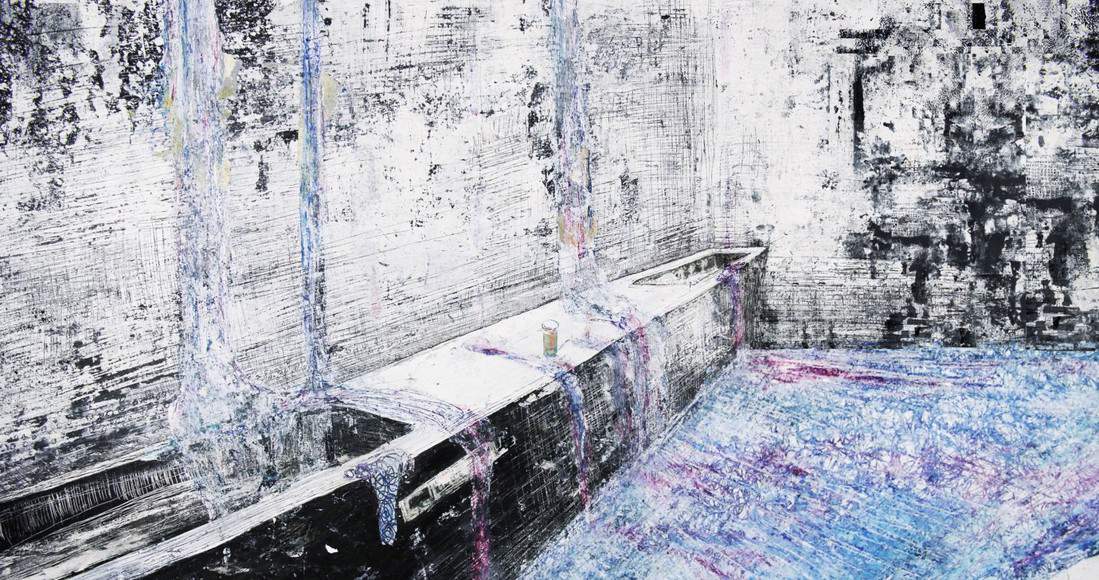Following the great success of “Winners and Sinners”, Sammo Hung could not but use the same recipe of comedy and action once more, with “My Lucky Stars” featuring an even more impressive cast than its predecessor, since John Shum gave his place to Eric Tsang, which allowed Sammo Hung to give him his former role as the bullied one. Furthermore, Yuen Biao and Jackie Chan had more significant roles, although they were not the protagonists once more, while the villains include Dick Wei, Bolo Yeung, Lam Ching-ying (who was also action coordinator along Sammo Hung once more), and the body builder/martial artist/stuntwoman Michiko Nishiwaki, in probably the most impressive presence in the film. Lastly, the main female role was held by Sibelle Hu instead of Cherie Chung, a substitution that also aimed to add to the action aspect of the movie, although comedy remained the main element of the narrative.
Buy This Title
The film starts with an impressive action scene in an amusement park, featuring Jackie Chan and Yuen Biao, which ends up badly, however, since the mobsters they were fighting kidnap the latter. A bit later, the former, who goes by Muscles in the movie, tracks down Eric, an old friend from the orphanage, and asks him to gather the rest of their “gang”, which are to become undercover agents and travel to Japan, in order to save his kidnapped comrade and arrest the corrupt Hong Kong cop who started everything and has now joined the local yakuza.

Once more, the Lucky Stars cast and their evident chemistry in the comedic aspect of the movie is where the production truly thrives. For starters, the names they assume in their undercover personas are enough to make anyone laugh, every time they call each other in the movie. Sammo Hung is Fastbuck, Sibelly Hu Swordflower, Richard Ng is Sandy, Charlie Chin is American Ginseng, Eric Tsang is Buddha Fruit, Stanley Fung Rhinohide, not to mention Jackie Chan is Muscles, in a series of hilariously absurd nicknames that are implemented excellently for even more laughs. Eric Tsang adds much with his plethoric persona, with him playing the simpleton that always has something bad happening to him, with gusto.
Charlie Chin and Stanley Fung present similar characters with the first film, although the twist involving the latter is completely erased, but the one who steals the show once more is Richard Ng, whose eagerness to acquire supernatural powers is funny as hell. Starting with the fact that, as the story begins, he has committed himself to an asylum for mental patients, where he seems to fit perfectly in, to his effort for telekinesis and his way of fighting by mocking the “beast kung fu” moves as he uses The Snake, his every appearance is bound to be accompanied by roars. Furthermore, some of the funniest scenes take place when the whole group is together, with their effort to woe Swordflower, and particularly the scene when they become her mattress, and the ordering sequence in the Japanese hotel, are truly memorable and rather funny. Lastly, the parodying of both Japanese ways and Hong Kong action movies adds even more to the laughter the movie offers in aplomb.
This time the action element is equally worthy, and taking up more time than the first movie, with the scenes in Japan focusing on that aspect exclusively after a point. Particularly the one-on-one fights that involve Jackie Chan, Yuen Biao and Sammo Hung on the good side and Dick Wei, Lam Ching-ying and Lau Kar-wing on the other are as intricate as they are brutal. The most memorable one however, is definitely the one between Sibelle Hu and Michiko Nishiwaki, with the revelation of the actual figure of the latter being a truly cult moment.
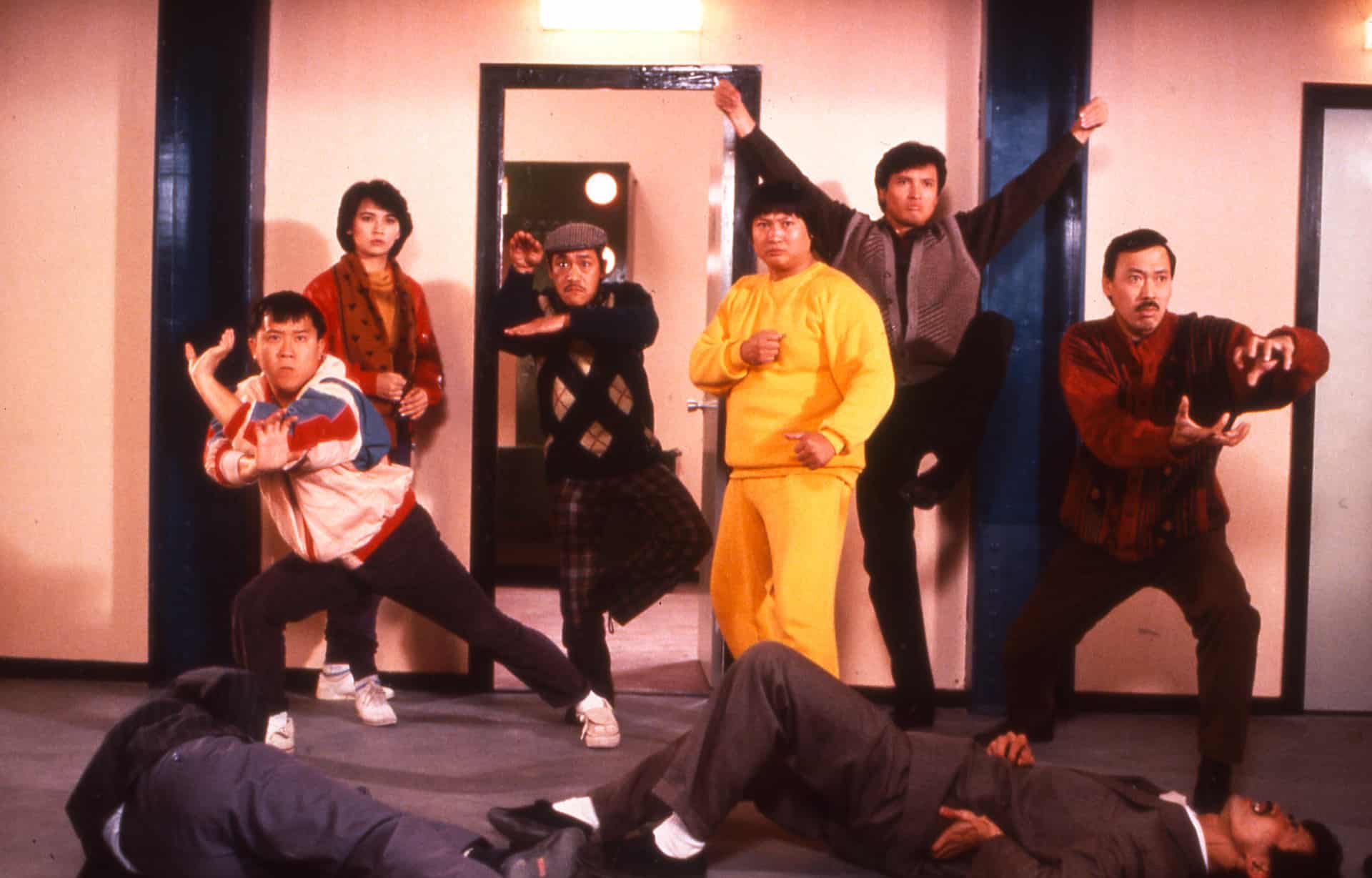
Arthur Wong's cinematography is quite good, highlighting the different settings with a focus on entertainment and the action scenes, with the gambling den in particular being excellently portrayed. Joseph Chiang and Peter Cheung's editing result in a frantic pace for the most part, which suits the overall aesthetics quite nicely.
“My Lucky Stars” uses the same recipe with “Winners and Sinners” but improves it on all aspects and particularly the action element, resulting in an even better film, and one of the best action comedies Hong Kong cinema ever offered.


